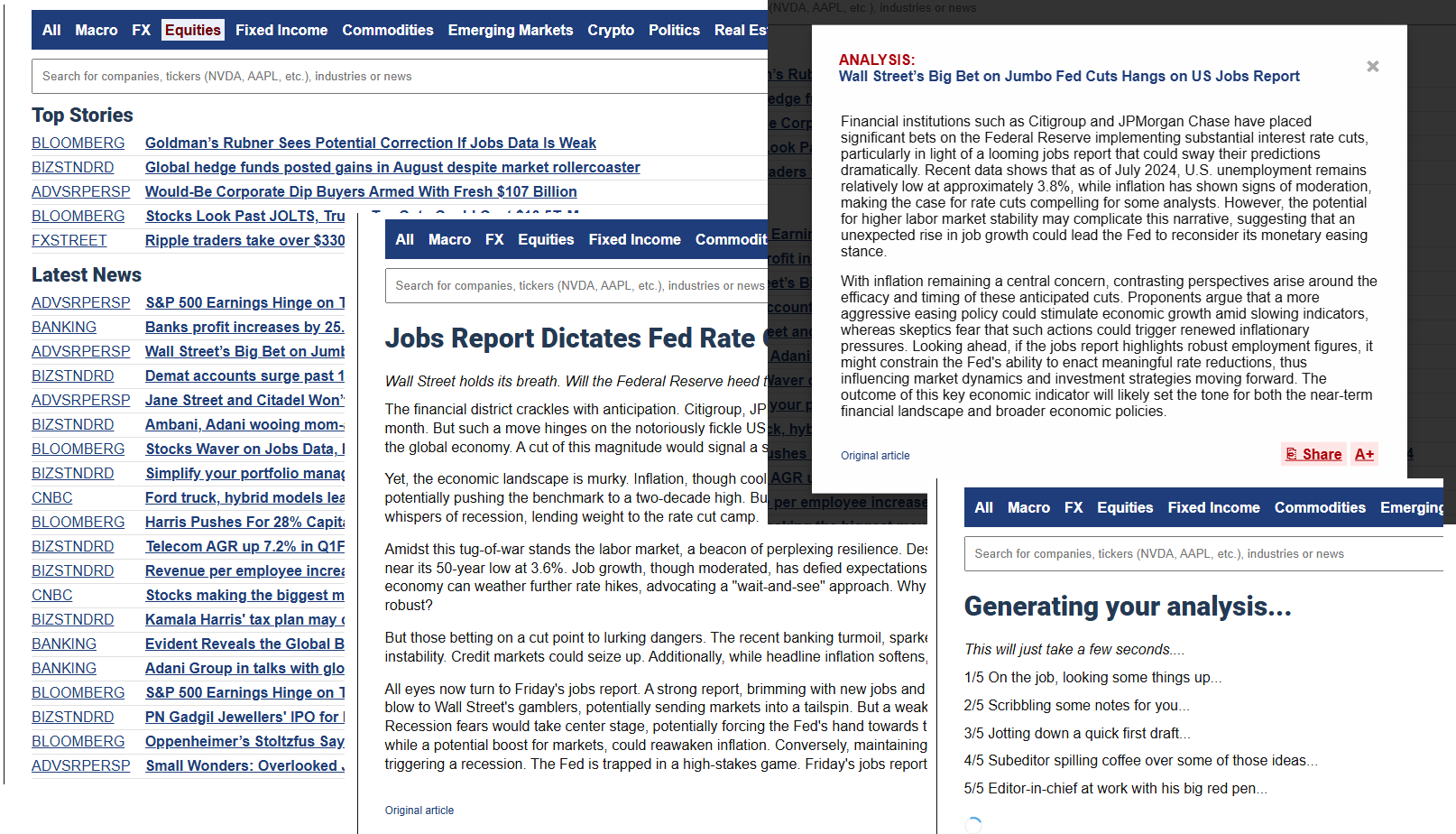Global Economy Shifts Embrace Adaptable Innovations
Perth Airport is setting a new precedent in the aviation industry with its groundbreaking $5 billion upgrade. This move aims to accommodate the robust rebound in international travel post-pandemic and positions the airport as a key regional transportation hub. It's not just about expanding physical space; there is a strong emphasis on integrating sustainable practices to align with climate commitments and evolving consumer expectations. The aviation sector, with its notorious carbon footprint, faces increasing pressure to innovate swiftly, highlighting the necessity of such advancements.
In the broader market, mergers and acquisitions are resurging as companies adapt to global economic fluctuations. Nippon Paint Holdings Co.'s $2.3 billion acquisition of AOC exemplifies this trend, aiming to consolidate operations amidst economic unpredictability. These strategies reflect a broader recalibration, as companies strive to secure supply chains and leverage technological advancements for competitive advantage. Maintaining market dominance while ensuring resilience against external shocks is a delicate balance that many enterprises are now navigating.
In the energy sector, a monumental shift is underway with the rise of alternative fuels. The e-fuel market is projected to grow at an impressive 34.3% annually through 2030. This trend signifies a shift from traditional fossil fuels toward innovative technologies, challenging long-standing energy paradigms and opening new investment opportunities. Industries historically dependent on fossil fuels are exploring these alternatives to reduce carbon footprints while tapping into new growth avenues.
The public offering landscape presents mixed investor confidence across various regions. Lulu's $1.43 billion IPO in Abu Dhabi sold out rapidly, contrasting starkly with the muted reception of the Omani energy firm OQ’s debut. These disparities underscore the nuanced and unpredictable nature of Middle Eastern financial markets, where geopolitical complexities and economic reforms significantly influence investor behavior. Strategic positioning and industry strength are crucial in these volatile markets.
Attention shifts to India, where a burgeoning trade scene grabs multinational interest. Swiss companies are optimistic about a forthcoming $100 billion trade deal, viewing India's institutional advancements and technological prowess as potential catalysts for change. India's growth story, particularly in sectors like semiconductors, is enticing for foreign investors, promising to reshape global supply chains and elevate India's standing in the global economy.
Geopolitically, the European Union's extension of a €35 billion loan package to Ukraine signifies a commitment to regional stability. This financial support is not only crucial for immediate wartime needs but also serves as a strategic move to influence long-term alignments in Central and Eastern Europe. By establishing economic buffers and fostering stability within its sphere, the EU aims to fortify its geopolitical stance amid broader global uncertainties.
China remains a significant, albeit complex, player on the global economic stage. Royal Philips NV’s downgraded sales outlook due to soft demand from China indicates the significant impact China's economic trajectory can have on global markets. As companies revise their strategies in response to China's evolving economic indicators, they expose the intricate web of global business interdependence that requires agile adjustments to changing market realities.
The mining industry is experiencing a shift towards sustainable practices, driven by increasing environmental scrutiny. The advance of dust suppression technology reflects a growing commitment to reducing environmental impacts. As mining enterprises innovate towards less invasive extraction methods, a fundamental shift occurs, prioritizing not just profit but also sustainable stewardship of natural resources.
These diverse economic activities highlight a complex web of global developments defined by adaptability and transformation. Perth Airport's ambitious upgrade encapsulates this era of change, where rapid technological advancements, emerging markets, and stricter environmental mandates converge. Navigating these dynamics will be key for sectors seeking prominence in the emerging economic landscape.
Ultimately, global economic interconnectivity demands flexible recalibration across sectors. With advanced infrastructure and strategic financial maneuvers shaping this new landscape, the quest for balanced growth and sustainability is imperative. The collective pursuit of resilience in the global economy amidst rapid transformations underscores both the challenges and opportunities presented by this evolving economic environment.
AI-Powered trading insights: join our email list
Real-Time Market Analysis
Get instant insights on market trends, news impact, and trading opportunities.

